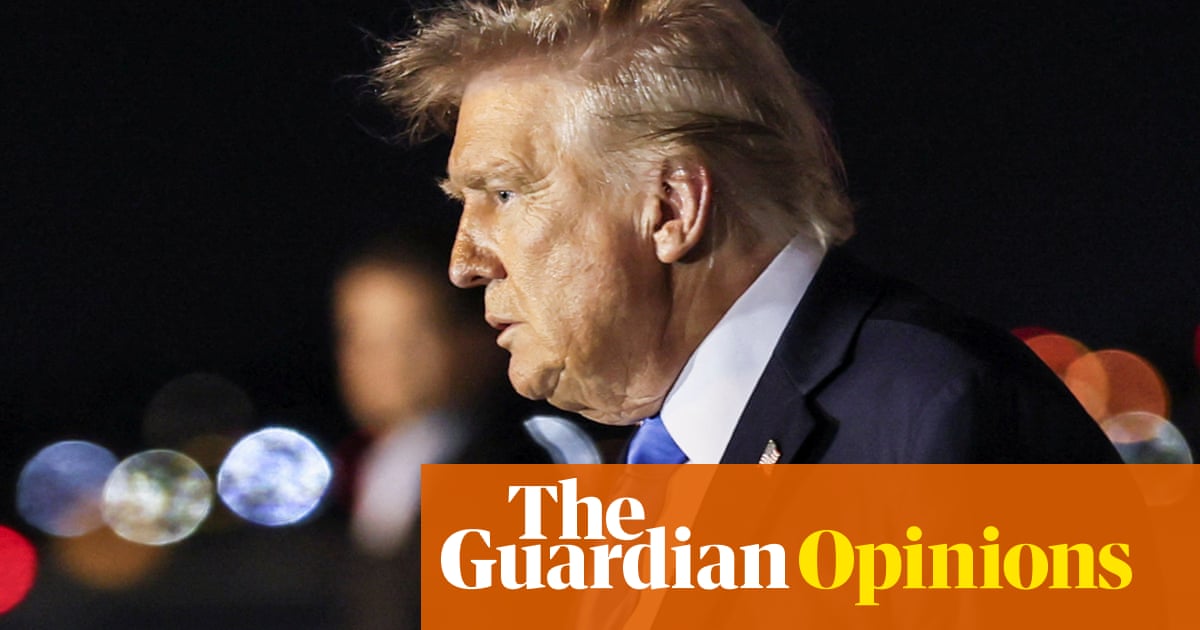
"As private wealth has accumulated since the 1950s, only the radical few have been prepared to see jobs disappear and their wealth diminished while they wait for the supposed benefits of political and economic upheaval."
"For several years now we have witnessed the call for revolution from those who consider themselves insulated from its effects, until that is, the level of destruction they voted for takes a toll on their own finances."
"Financial markets have become a bulwark against leaders' excesses... the interconnectivity of world trade and the costs of tearing up supply chains sparked fears of a return to high inflation."
The article discusses recent electoral trends in industrialized nations, suggesting a growing desire for change among electorates. However, it warns against the potential consequences of such upheaval, particularly regarding economic stability. While many voters express support for revolutionary ideas, they often remain unaware of the ramifications their choices may impose on their personal finances. Financial markets have become increasingly sensitive to political actions, reflecting a protective stance against reckless leadership, as illustrated by past reactions to both Trump's and Truss's approaches to governance.
Read at www.theguardian.com
Unable to calculate read time
Collection
[
|
...
]